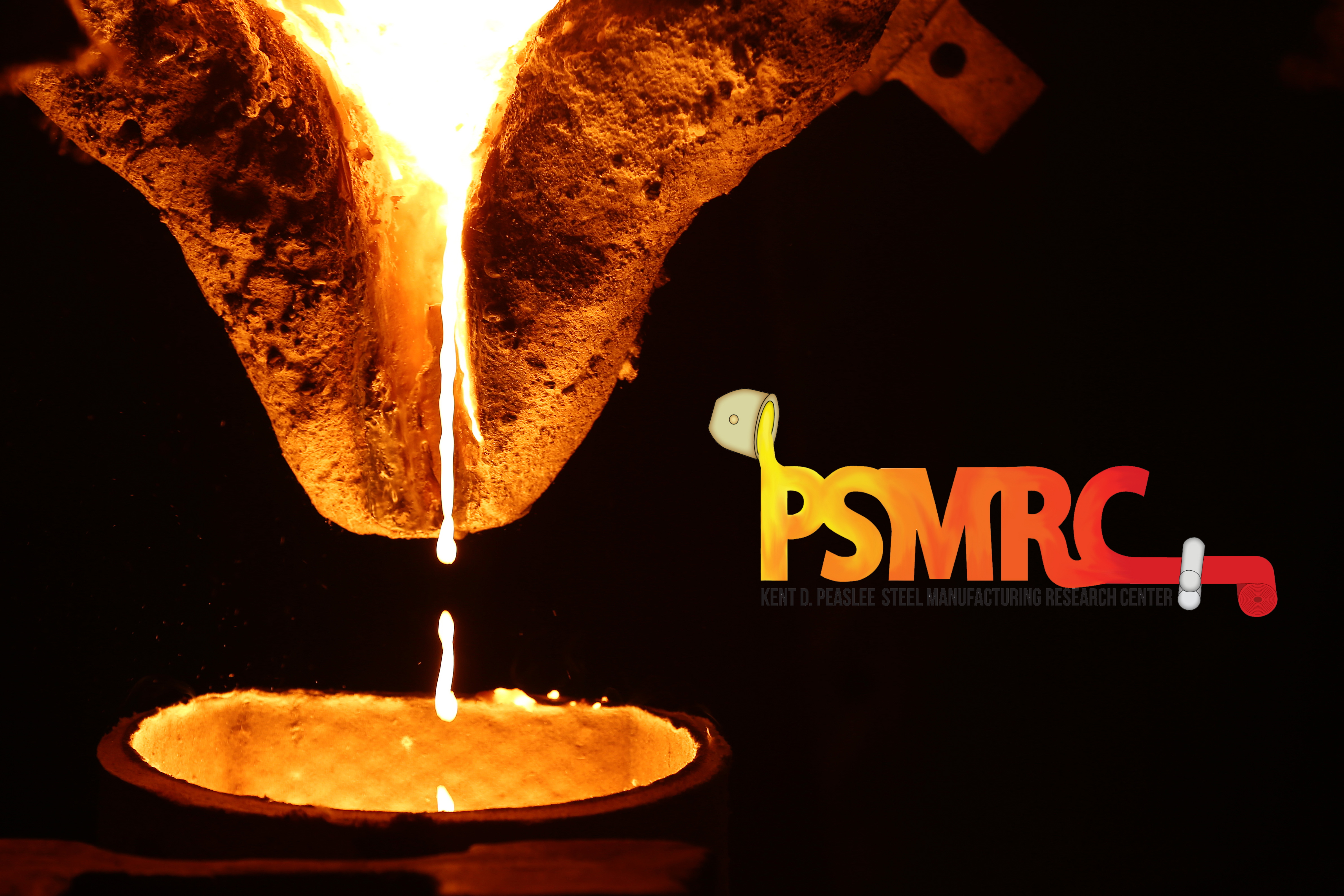Growth Kinetics and Development of the Solid-Liquid Interface in Low Carbon and High Alloy Steel Castings Enabled by Confocal Microscopy
Abstract
High-Temperature Laser Scanning Confocal Microscopy (HT-LSCM) is an in situ technique that can be used for direct observation of the microstructure during melting, solidification, and solid-state cooling. Therefore, this tool is a powerful method that can be used to understand how cooling conditions affect the solidification structure and degree of alloy segregation in steel castings. In the current study, specimen shape and size were optimized for this technique using an ultra-low-carbon steel. HT-LSCM was then utilized to observe the melting and solidification phenomena as a function of cooling rate for the ultra-low-carbon steel as well as a high-alloy austenitic manganese and aluminum steel. The growth kinetics and evolution of the solid–liquid interface during solidification were derived from time-lapse videos. The resulting solidification microstructure was determined utilizing scanning electron microscopy.
Recommended Citation
Kiser, K., Athavale, V.A., Bartlett, L. et al. Growth Kinetics and Development of the Solid–Liquid Interface in Low-Carbon and High-Alloy Steel Castings Enabled by Confocal Microscopy. Inter Metalcast (2024). https://doi.org/10.1007/s40962-024-01402-9
Department(s)
Materials Science and Engineering
Keywords and Phrases
High-temperature Laser Scanning Confocal Microscope, HT-LSCM, Planar solidification, High-purity iron, Fe-Mn-AI steel, Solidification kinetics, Inclusions, Aluminum nitrides, Porosity, Secondary dendrite arm spacing
Document Type
Article - Journal
Document Version
Citation
File Type
text
Language(s)
English
Rights
© 2024 Springer, All Rights Reserved
Publication Date
11 July, 2024



